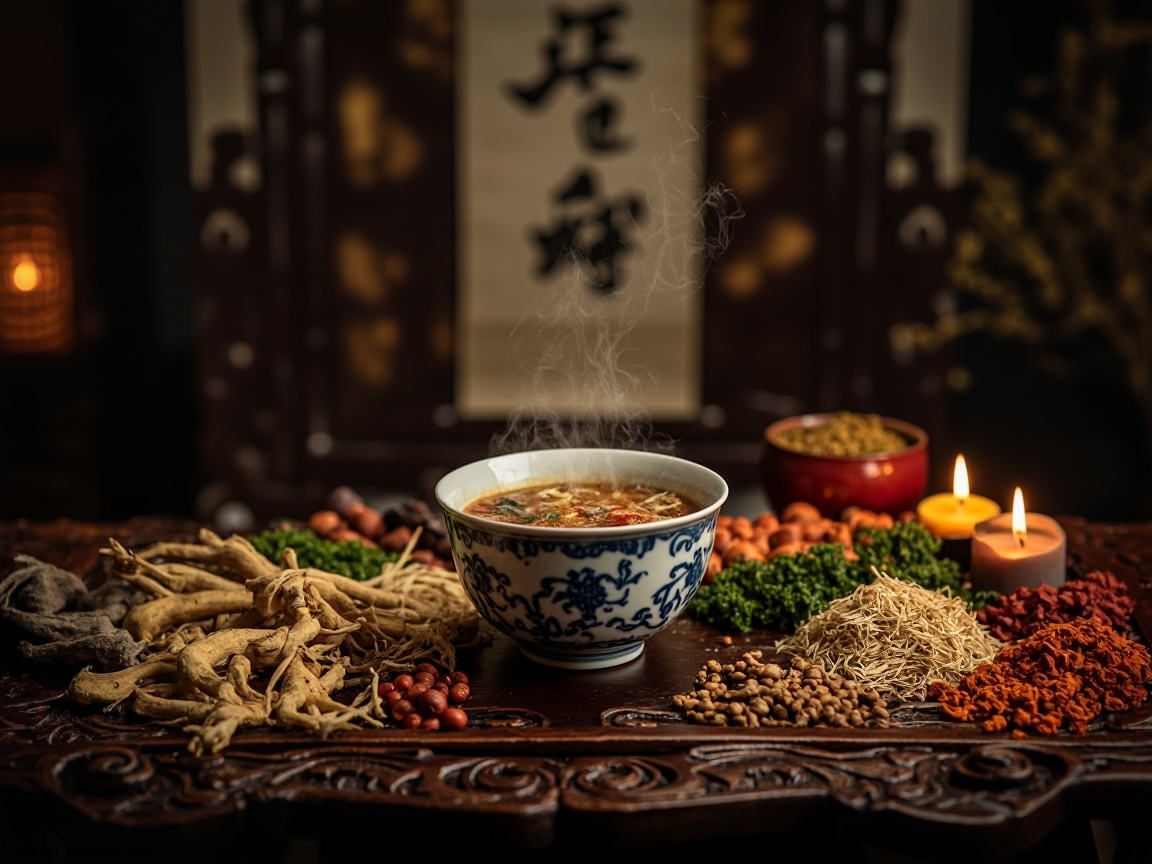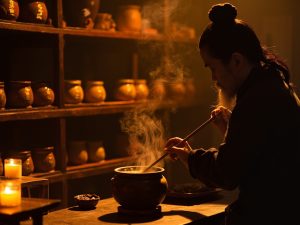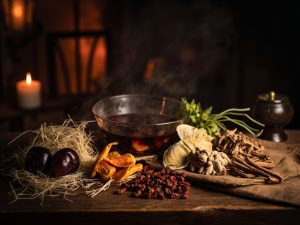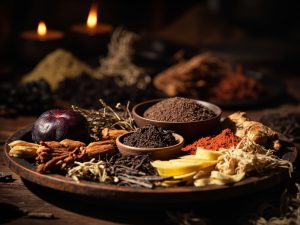Table of Contents
ToggleYi Guan Jian: Origins and Usage
Author: Nan Kaiyang Editor: Gu Yuxi Translator: Gu Yuxi
Origins:
In Traditional Chinese Medicine (TCM), there has long been a lack of a precise logical system to support the interconnected concepts of the liver’s substance, function, liver qi, liver yin, liver yang, its role in regulating the free flow of qi, and its role in storing blood. This issue was particularly exacerbated after Li Zhongzi proposed, “The wood of the East has no deficiency; it cannot be tonified.” This led to the widespread belief that “there is no tonifying method for the liver,” and consequently, treatment for related symptoms often focused solely on soothing the liver and regulating qi. The common practice involved using only fragrant and drying herbs, which initially showed good results but progressively became less effective.
By the Qing Dynasty, the physician Wei Zhixiu had already observed this situation and remarked: “When doctors treat this, they often use fragrant and drying herbs, which deplete liver yin. While they might show slight initial efficacy, prolonged use leads to death. The origin of this misleading treatment lies solely in the four words ‘liver has no tonifying method,’ causing countless lives to suffer unjustly in the grave.” This statement was truly eye-opening. Based on this, and combining it with his lifelong clinical practice, Wei Zhixiu created his masterful work, “Yi Guan Jian.”
Lu Yitian’s Evaluation of this Formula:
“I imitated his method to treat several cases of liver dryness and achieved miraculous results.” The renowned modern physician Zhang Shanlei praised it as “the supreme excellent formula for nourishing liver yin,” highlighting its profound efficacy. The original text for this formula comes from Wei Zhixiu’s “Continued Collection of Famous Physicians’ Case Studies – Stomach Pain Section”: “Yi Guan Jian can comprehensively treat all liver diseases such as hypochondriac pain, acid regurgitation, acid swallowing, and abdominal masses/hernias.”
Differentiation:
Clinically, this formula is commonly used in the treatment of cardio-gastric diseases. Representative conditions include chronic atrophic gastritis, which has numerous and varied etiologies. These can range from excessive stomach dryness to yin deficiency leading to malnourishment, where the pulse loses its moistening and nourishing function, and pain arises from malnourishment. This syndrome is applicable to cases of yin deficiency with stomach heat and fluid depletion. Common manifestations include:
Burning pain in the epigastric region, loss of appetite when hungry, dry mouth and tongue, vexation and feverishness in the five centers (palms, soles, chest), emaciation and weakness, thirst with a desire to drink, constipation, red tongue with scanty coating, and a thready, rapid pulse. Clinical treatment focuses on nourishing yin and benefiting the stomach, and softening the liver to alleviate urgency.
Treatment with Yi Guan Jian combined with Shaoyao Gancao Tang with modifications shows significant efficacy. However, this formula should not be used for problems caused by damp-heat constitution or liver and gallbladder damp-heat.
Treatment:
Formula Composition and Modifications:
- Radix Glehniae: 30g
- Radix Ophiopogonis: 30g
- Radix Angelicae Sinensis: 15g
- Radix Rehmanniae Recens: 15g
- Fructus Lycii: 30g
- Fructus Toosendan (prepared by roasting): 10g
- Radix Paeoniae Alba: 30g
- Radix Glycyrrhizae Preparata: 10g
Clinical Modifications:
- For obvious pain: Add Rhizoma Corydalis 15g, Fructus Trogopterori 5g.
- For gastric discomfort with acid regurgitation: Sepia bone and Concha Arcae Pulvis, 15g each. For bitter taste in mouth, combine with Zuo Jin Wan.
- For qi stagnation: Fructus Aurantii, Fructus Citri Sarcodactylis, Pericarpium Citri Reticulatae Viride, Rhizoma Cyperi, 15g each. For blood stasis, add Radix Salviae Miltiorrhizae 15g.
- For constipation: Fructus Cannabis 10g, Semen Trichosanthis 15g.
- For severe stomach yin deficiency: Herba Dendrobii 20g, Rhizoma Anemarrhenae 20g, Rhizoma Coptidis 5g.
- For poor sleep: Caulis Polygoni Multiflori and Cortex Albiziae, 30g each.
Disclaimer:
The experiences and insights shared above represent the author’s personal usage and understanding, and are provided for reference only as part of academic exchange. Please do not blindly replicate or apply them; any consequences arising from such actions are solely your responsibility. As individual constitutions vary, medication should be tailored accordingly. It is advisable to use such treatments under the guidance of a qualified physician. If you have additional experiences to share, comments and submissions are welcome.
If you appreciate my article, please give it a like.
If you are a generous and affluent individual, please consider making a donation!
Your recognition is my greatest motivation to continue writing—thank you very much!
USD Donation Button —
A RMB donation button is available below.
 微信赞赏
微信赞赏 支付宝赞赏
支付宝赞赏




